Study In Germany
"Unlock Your Potential: Join Our Team in the Germany"
Are you dreaming of pursuing higher education abroad? Look no further than the Germany. Renowned for its rich history, prestigious universities, and vibrant cultural scene, the Germany offers a captivating destination for international students. In this article, we explore the advantages of studying in the Germany and why it is a top choice for students from around the globe.`


OVERVIEW
Germany is a young, vibrant and friendly country, offering quality education and an exciting lifestyle. If you are looking for an irresistible combination of outstanding academics and a life with liveliness and endless opportunities for career growth Australia is the place to be.
Quick Facts
Official name-Federal Republic of Germany
Population- 83.31 million
GDP-€4.5 Trillion
Capital of Australia – Berlin
No of universities- 350
German Currency-euro
Literacy- 100%
Consulting with the top study in Germany consultants can provide complete guidance to make your study abroad plans successful.
Study Abroad in Germany: Unlocking Academic Excellence and Cultural Immersion
Are you considering studying abroad in a country known for its academic excellence, innovative research, and rich cultural heritage? Look no further than Germany! With its world-class universities, diverse study programs, and welcoming environment, Germany offers an exceptional educational experience. In this guide, we will explore the key features of studying in Germany, the application process, stayback options, and highlight some of the esteemed universities in the country.
Features of Studying in Germany
Academic Excellence and Research Opportunities
Germany is renowned for its academic excellence and rigorous research programs. The country’s universities are globally recognized for their high-quality education, cutting-edge research facilities, and esteemed faculty members. Whether you’re interested in engineering, natural sciences, humanities, or social sciences, German universities offer a wide range of study programs to cater to diverse academic interests.
Tuition-Free or Low Tuition Fees
One of the significant advantages of studying in Germany is the availability of tuition-free or low tuition fee options. Many public universities in Germany do not charge tuition fees for undergraduate programs, while some Master’s programs may have minimal tuition fees. This makes studying in Germany an affordable choice for international students seeking quality education.
Vibrant Cultural Experience
Immerse yourself in Germany’s vibrant cultural scene and embrace its rich history and diverse traditions. From iconic landmarks and museums to music festivals and art galleries, Germany offers countless opportunities to explore its cultural heritage. Engaging with local communities, learning the German language, and experiencing German customs will further enrich your study abroad journey.
Strong Industry Connections
Germany’s economy is known for its robust industrial sectors and technological advancements. Many universities collaborate closely with industry partners, providing students with valuable opportunities for internships, research projects, and practical training. This strong industry-academia collaboration enhances students’ employability and prepares them for successful careers.
The Application Process
Applying to study in Germany typically involves the following key steps:
Research and Choose Programs: Explore the universities and study programs that align with your academic interests and goals. Consider factors such as program curriculum, language of instruction, university reputation, and location.
Admission Requirements: Review the specific admission requirements for each university and program. These may include academic transcripts, standardized test scores (such as the TestDaF or DSH for German proficiency), letters of recommendation, and a statement of purpose.
Application Submission: Complete the online application form provided by your chosen universities. Ensure that you submit all required documents accurately and meet the application deadlines. Some programs may require additional entrance exams or interviews.
Student Visa Application: Non-European Union (EU) or non-European Economic Area (EEA) students will typically require a student visa to study in Germany. Consult the German embassy or consulate in your home country for detailed visa requirements and application procedures.
Financial Planning: Calculate your expenses, including living costs, accommodation, health insurance, and transportation. While tuition fees may be low or non-existent, it’s important to budget for your daily expenses and ensure you have sufficient funds to support your studies and living in Germany.
Travel and Accommodation Arrangements: Once your admission is confirmed and your student visa is approved, make travel arrangements to Germany. Start looking for suitable accommodation, whether it’s university dormitories, shared apartments, or private rentals, well in advance.
Stayback Options
After completing your studies in Germany, there are several stayback options available to international students:
Job Seeker Visa: International students who have completed their degree in Germany are eligible to apply for a job seeker visa. This visa allows you to stay in Germany for up to 18 months to search for employment related to your field of study.
Work Opportunities: Germany offers numerous work opportunities for international graduates. With its strong economy and shortage of skilled professionals in certain sectors, there is a demand for qualified graduates. You can explore job opportunities in various industries and apply for work permits to pursue a career in Germany.
Entrepreneurship and Start-up Support: If you have an entrepreneurial spirit, Germany provides support for aspiring entrepreneurs to establish their own businesses. The country has a vibrant start-up ecosystem and offers various programs, grants, and resources for international graduates to launch their own ventures.
Top Universities in Germany
Germany is home to many esteemed universities and institutions. Here are some of the top universities in the country:
- Technical University of Munich
- Ludwig Maximilian University of Munich
- Heidelberg University
- Freie Universität Berlin
- Humboldt University of Berlin
- RWTH Aachen University
- Karlsruhe Institute of Technology
- Tübingen University
- University of Stuttgart
- Technical University of Berlin
These universities are known for their academic excellence, research contributions, and international collaborations. They offer a wide range of study programs across various disciplines.
Studying in Germany provides a unique opportunity to experience top-quality education, immerse yourself in a rich cultural environment, and build a strong foundation for your future career. Embrace the academic and cultural treasures that Germany has to offer, and embark on a transformative study abroad journey.
FAQ
Most frequent questions and answers
Yes, many German universities offer a wide range of study programs taught in English. These programs are designed to cater to international students who may not have proficiency in the German language. However, it’s important to note that knowledge of the German language can be beneficial for daily life and social integration in Germany.
The language requirements vary depending on the program and university. For English-taught programs, you may need to demonstrate proficiency through tests such as the TOEFL or IELTS. For German-taught programs, you may be required to provide proof of German language proficiency, such as the TestDaF or DSH exams.
: Yes, there are scholarships available for international students in Germany. The most well-known scholarship program is the DAAD (German Academic Exchange Service), which offers various scholarships and funding opportunities. Additionally, many universities and external organizations also provide scholarships based on academic merit, research projects, or specific fields of study.
Yes, as an international student in Germany, you are allowed to work part-time. Non-EU students are generally allowed to work up to 120 full days or 240 half days per year, while EU/EEA students have no work restrictions. Working part-time can help cover your living expenses and provide valuable work experience.
- UK Recruitment
- USA Recruitment
- German Recruitment
- Ireland Recruitment
Study Abroad
- USA
- Latvia
- France
- Italy
- New Zealand
Manjoorans Kanjikuzhy
First Floor, Municipal Building, Kanjikuzhi, Kottayam, Kerala 686004
Contact : +91 8086095950
Manjoorans Chengannur
Bethel Juction, 2nd Floor,Erappuzha Building, opp. Sky Jewellery, Chengannur, Kerala 689121
Contact : + 91 73063 83357
Manjoorans Palai
2nd Floor, Puthumana Tower, opp. Govt Hospital, Pala, Kerala 686575
Contact : +91 99008 35533
Manjoorans Kanjirappally
Geo Building, opp. Pvt. Bus stand, Kokkappally, Kanjirappally, Kerala 686555
Contact : + 91 62381 55648
Manjoorans Kattapana
2Nd Floor Kandathilparabil Arcade New Private, Bus Stand Road, Kattappana, Kerala 685508
Contact : + 91 73060 68465
Manjoorans Kochi
Second floor,2K National pearl star, near Changampuzha Metro station, Kochi, Kerala 682026
Contact : + 91 73061 52141
Manjoorans Thrissur
Dee Pee Plaza, 3rd floor, Guruvayoor Rd, near Aswathy surgicals, Kokkala, Thrissur, Kerala 680021
Contact : 73065 43645
Manjoorans Pathanamthitta
Manjoorans Calicut
Manjoorans kannur

